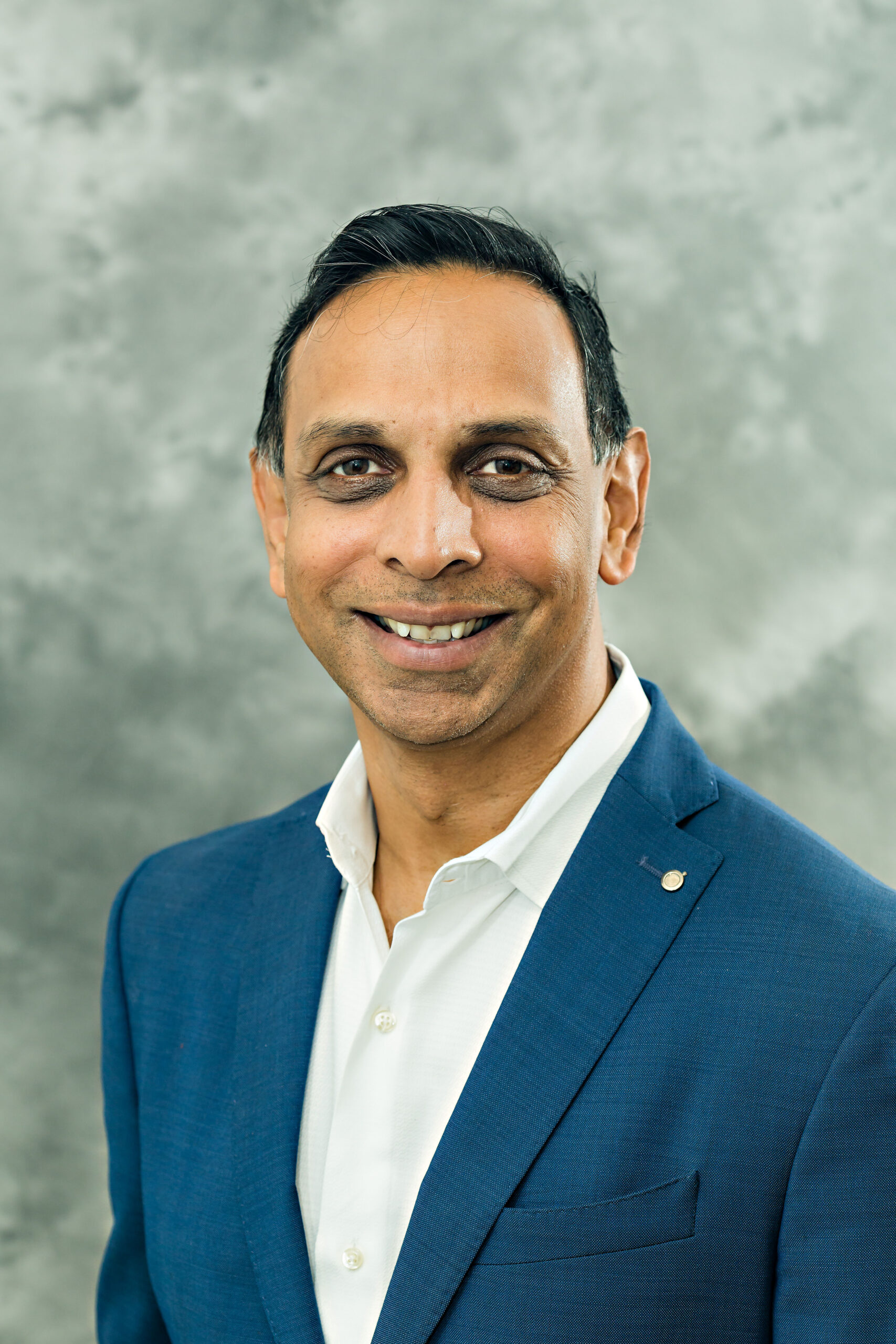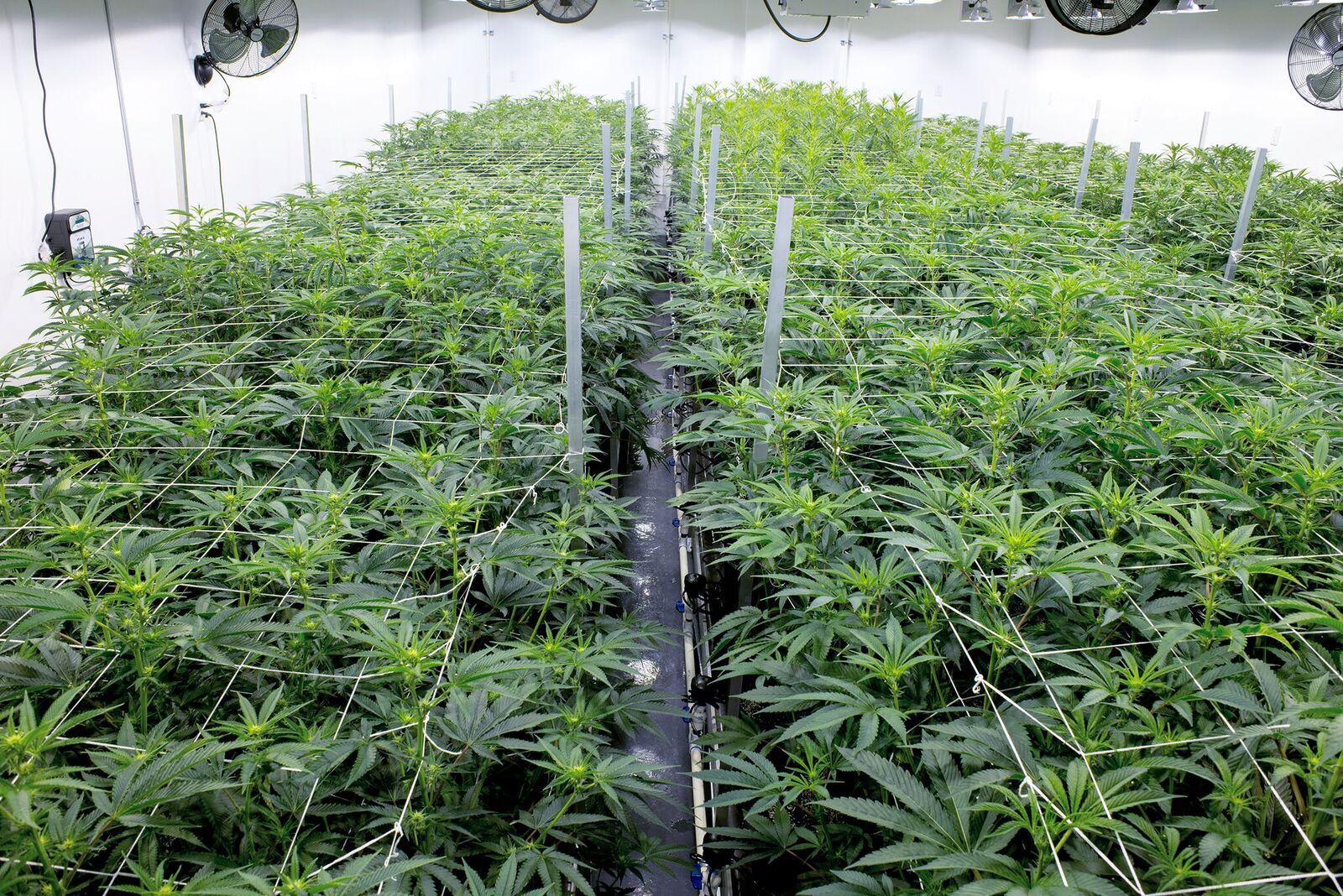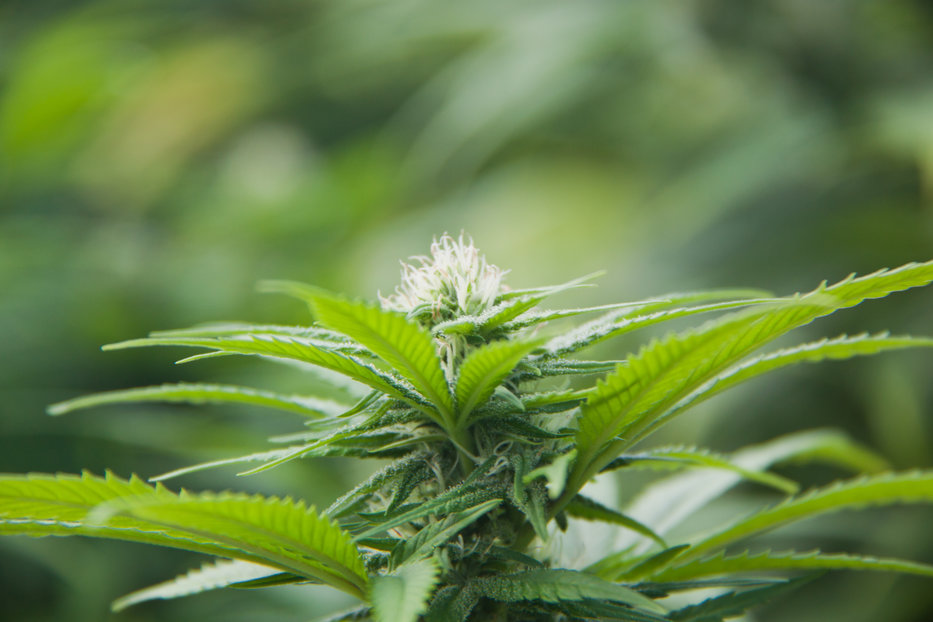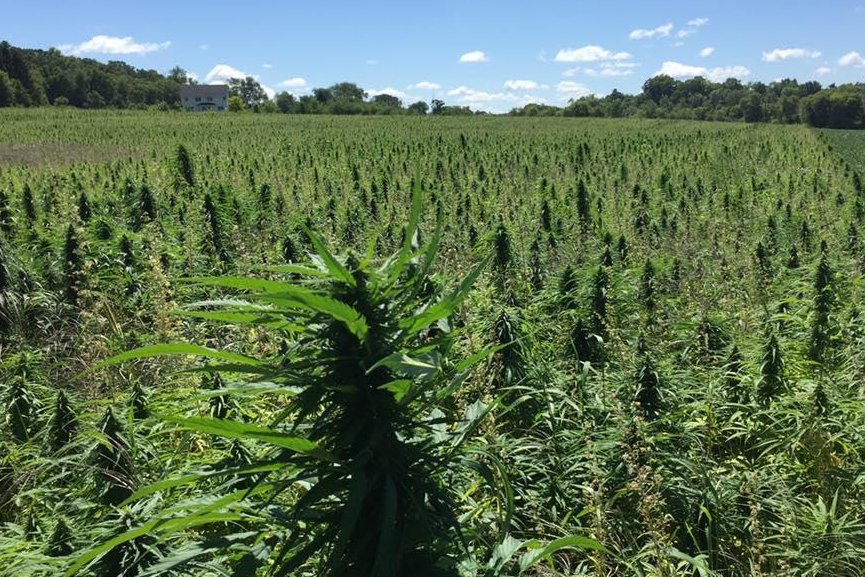
When it comes to cannabis pathogen testing, facts are more important than comfort. In this piece, Dr. Hom advocates for qPCR over plating methods when conducting microbiology testing in cannabis

When it comes to cannabis pathogen testing, facts are more important than comfort. In this piece, Dr. Hom advocates for qPCR over plating methods when conducting microbiology testing in cannabis

Milan Patel, CEO and co-founder of PathogenDx, shares insights on the current state of cannabis testing in the U.S., where we’re falling short, and how we can right the trajectory of the industry by establishing better testing procedures.

Until cannabis is federally legalized and given oversight, fraud in the laboratory setting is a persistent issue. How that regulation protects the American consumer is up to the work of the industry and what we continue to prioritize.

With a new year comes new opportunities and challenges for cannabis. From international market expansion to new technologies, see what Chistov thinks might be in store for 2022.
In this op-ed, Dr. Roggen et al. propose a system for websites like Leafly that would allow its users to share revenue from their content and personal data, enabling a higher sense of trust, credibility and ultimately more value for every stakeholder involved. Using NFTs, they suggest consumers in the cannabis industry could generate a product and benefit from it too.

Imagine having the ability to see patients’ data based on real-time, daily, through something as convenient as a wearable device. In an industry plagued by a lack of research, this could be a solution for helping many researchers investigate the plant more.

In this op-ed, Johnson suggests cannabis industry infighting and stakeholders more concerned with profits over public health only hurts the greater cause. He thinks prohibition should be the enemy, not Delta 8.

On the road to nationwide legalization, cannabis and spirits share similar stories. But here’s the one step the cannabis industry should avoid copying, if it can.

In this op-ed, Makwana makes the case for putting environmental sustainability at top of mind for the sake of improving bottom lines in the years to come.

With New York, New Jersey and Virginia legalizing adult use cannabis recently, there are a lot of new market opportunities afoot on the East Coast. In this piece, Chistov analyzes how the market differentiates from the West.